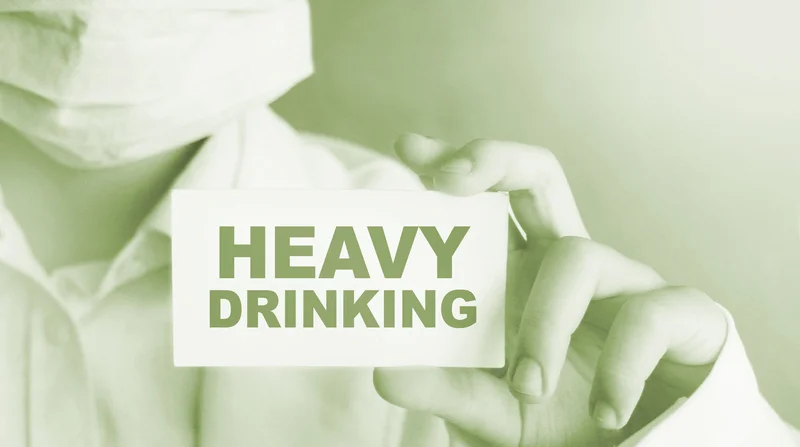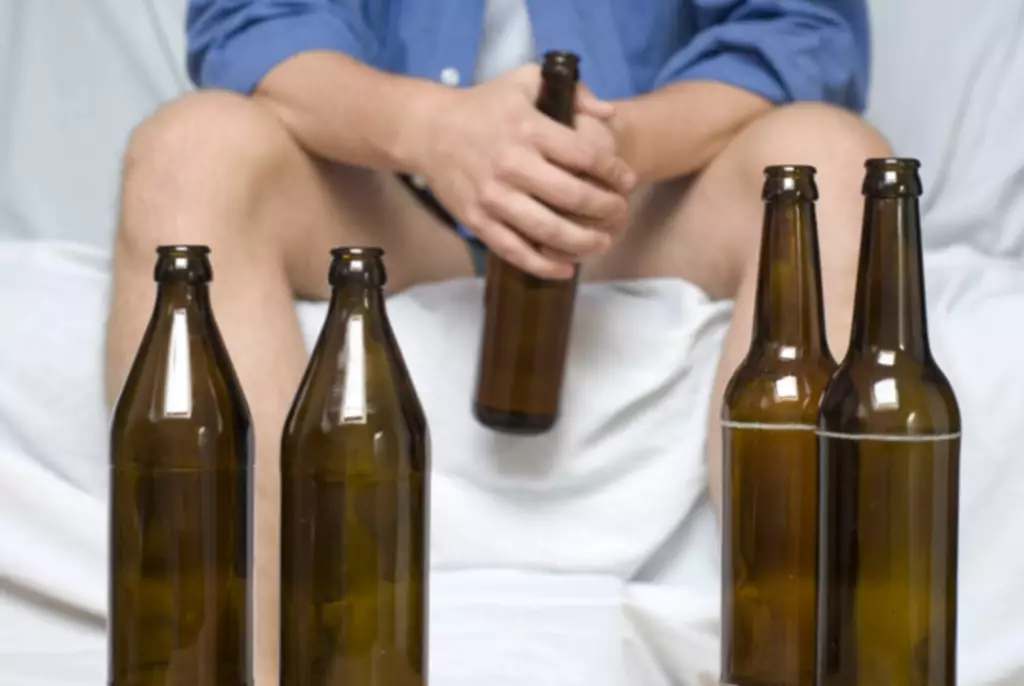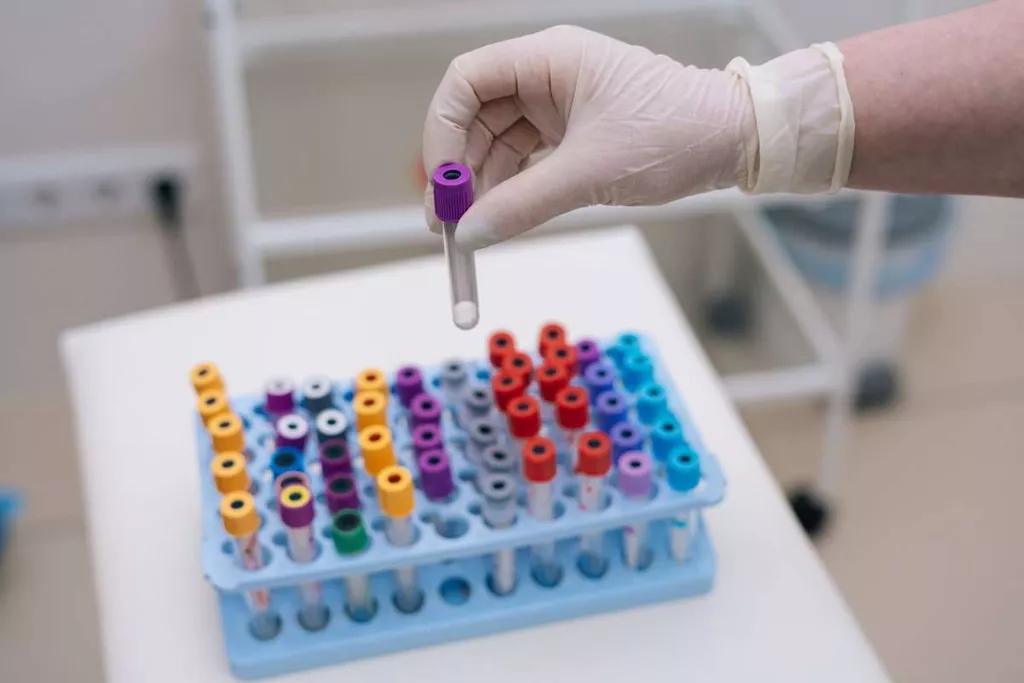Interestingly, you can also be addicted to a drug without being physically dependent on it. Cocaine addiction causes no major withdrawal symptoms, but still prompts compulsive behaviors and neurological changes—similar to gambling or internet addictions. With addiction, what is the difference between addiction and dependence there are changes occurring in the reward pathway of your brain that cause compulsive drug-seeking behavior.
Addiction vs Tolerance vs Dependence – Bottom Line
From worrying about the addict’s well-being to destructive interactions, addiction can also seriously affect your mental health and well-being. Thankfully there are support groups all over the US for the loved ones of addicts to provide you with guidance and healing. Drug dependence will often lead to addiction, but one can also be dependent upon a drug without being addicted. Dependence relates to how the drug interacts with the user’s body, whereas addiction relates to how the user’s need for the drug begins to impact the user’s decision-making and day-to-day life.
Emotional and Behavioral Aspects
Psychological dependence is characterized by the strong desire to continue using a drug despite negative consequences. It is driven by the belief that the drug is necessary to feel pleasure, cope with stress, or function in daily life. Individuals who are psychologically dependent on a drug may experience intense cravings and a preoccupation with obtaining and using the substance. Psychological dependence refers to the emotional and behavioral aspects of drug dependence. While physical dependence primarily involves the body’s physiological response to a drug, psychological dependence revolves around the intense craving and emotional reliance on the drug.
Substance Abuse
- All of these risks are serious, and proper support is necessary for those struggling with drug dependence.
- According to the latest Diagnostic and Statistical Manual of Mental Disorders (DSM-5), there’s not really a distinction between dependence and abuse anymore.
- When someone develops a tolerance, their body needs higher doses of the substance to achieve the same effect.
- It’s a journey that requires courage, resilience, and a strong support system.
Once you are free from the physical component of this disease, we target the physicological side effects of addiction. During your personalized therapy sessions, we help you develop coping techniques, so you are empowered to live a sober life. Even after your time with us is over, our alumni services ensure you stay on the road to recovery. It is no secret that misinformation about addiction is rampant in popular media. One particular area of misinformation concerns how the use of language is employed when describing topics related to addiction. Physical dependence affects that part of the brain that oversees autonomic body functions, such as breathing.
Addiction Treatment Programs
- A healthcare provider can help you develop a treatment plan that’s right for your individual needs.
- Since consistency is lacking, it’s important to establish some ground rules.
- Speak with your doctor if you develop a tolerance to your medication or any other substance.
- Discover how increasing alcohol prices decreases alcohol-related deaths and supports healthier choices.
It causes uncontrollable behavior when it comes to getting and using the drug of choice. We know that the difference between addiction and dependence is often challenging Alcoholics Anonymous to understand. Some organizations may have different names or definitions or use the words interchangeably, which causes mass confusion. The term substance use disorder (SUD) is the preferred way of saying it in the scientific community. Since consistency is lacking, it’s important to establish some ground rules.
This is when a person depends on a substance or behavior emotionally, such as when stressed. For example, a person with a caffeine dependence who stops drinking coffee may have withdrawal symptoms for a few days but then feel better. The terms “addiction” and “dependence” can seem similar, but they are different. If your body depends on a substance, withdrawal can range from being uncomfortable to dangerous. Detoxing from certain substances—like alcohol, opioids, and benzodiazepines—can even be fatal. Formal addiction treatment can keep you safe during this phase of recovery.
Path to Recovery
With regard to any addiction-related health concerns, you should always seek the guidance of a qualified, registered physician who is licensed to practice medicine in your particular jurisdiction. You should never avoid or delay seeking professional health care advice or services based on information obtained from our website. The neurochemical changes not only fuel the compulsive nature of addiction but also make recovery a complex and challenging process. From there, they move into addressing the underlying causes of their substance use, which is the psychological side of addiction.
Paying for Treatment
Physiological dependence is very common and can occur with many different kinds of substances, including those considered to be medications. In medical practice, to get a diagnosis of a substance use disorder, there first needs to be a careful diagnostic interview conducted by a mental health professional. Addiction should not be treated as a choice, but rather a result of genetic, environmental, and social factors. Many treatment options are available for various levels of addiction and dependence to help you achieve a drug-free life.
If a person exhibits six or more symptoms, it is classified as a severe substance use https://ecosoberhouse.com/ disorder, commonly referred to as addiction. Addiction often begins with a voluntary decision to use drugs or engage in certain behaviors. No one starts with the intention of becoming addicted, but repeated use over time can drastically diminish control, leading to compulsive use.






Laisser un commentaire